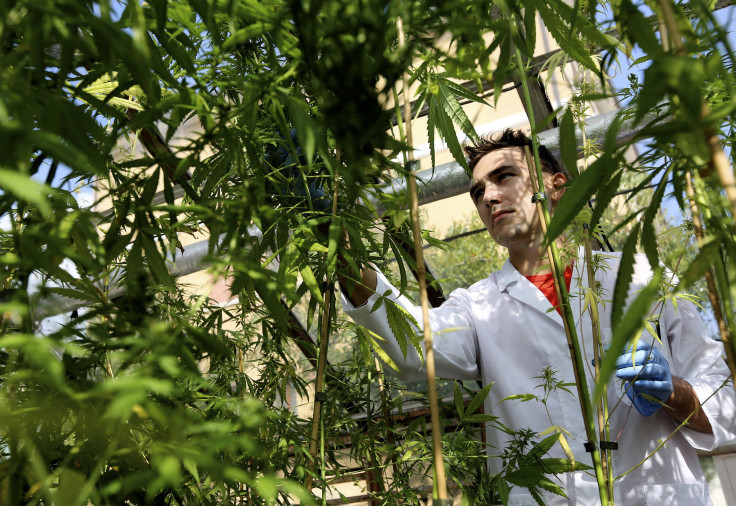Australia to legalise medical cannabis if landmark legislation passes

The Turnbull government has introduced landmark legislation that it says will provide the “missing piece” for Australian patients to access medical cannabis for the management of “painful and chronic” conditions.
Minister for Health Sussan Ley announced that the amendments to the Narcotics Drugs Act 1967 (NDA) would “allow the controlled cultivation of cannabis for medicinal or scientific purposes through one single national licensing scheme.”
Ley emphasised that the passage of this legislation would allow Australian patients suffering from chronic illness “safe, legal and reliable” pain relief.
“This is an important day for Australia and the many advocates who have fought long and hard to challenge the stigma around medicinal cannabis products,” she said.
“For Australia, this is the missing piece in a patient’s journey.
“Importantly, having a safe, legal and reliable source of products will ensure medical practitioners are now at the centre of the decision making process on whether medicinal cannabis may be beneficial for their patient.”
Ley stated the legislation had been discussed and closely scrutinised over the past eight weeks before being brought to Parliament.
She said the government had been “working closely” with states and territories, law enforcement agencies and other stakeholders to ensure the legislation was “robust” and had a solid chance of passage.
“I sincerely hope the Parliament can continue to work together to pass this legislation in a bipartisan fashion as quickly as possible in the interest of Australian patients seeking access to medicinal cannabis,” said Ley.
Currently, the NDA and the Therapeutic Goods Act 1989 provide the opportunity for legal production and distribution of medical cannabis to patients in rare cases.
These provisions include the ability of medical specialists to prescribe the drug, and the potential for patients to participate in clinical trials run by research institutions.
However, Australia does not currently allow the production of locally grown cannabis for therapeutic use, which the announced legislation would legalise.
“I am confident creating one single, nationally-consistent cultivation scheme, rather than eight individual arrangements, will not only help speed up the legislative and regulatory process, but ultimately access to medicinal cannabis products as well,” Ley said.
“A national regulator will also allow the Government to closely track the development of cannabis products for medicinal use from cultivation to supply and curtail any attempts by criminals to get involved.”
Ley also emphasised that the legislation in no way related to the decriminalisation of cannabis for general or recreational use, which remained “a law enforcement issue for individual states and territories.”
The Minister said she is hopeful the legislation would pass in both the House and Senate this sitting of Parliament.
If passed, the legislation would place Australia among several other nations that have legalised cannabis for medical use, including France, Canada, the Czech Republic, Uruguay, Jamaica and the Netherlands.





















